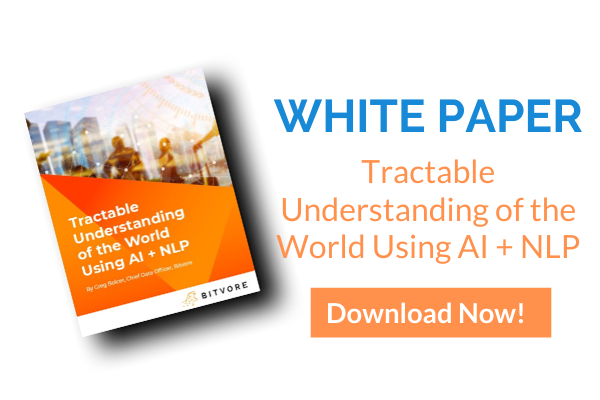
Artificial intelligence has many far-reaching uses beyond the realm of a computer screen. Today AI technology is also used to address and combat various systemic societal issues. One motivated individual, Engineer Bainomugisha, and the Makerere University team are using AI to tackle air pollution issues across Africa. As grantees of the Google AI Impact Challenge, they hope to create initiatives designed to improve air quality throughout their native Uganda region.
The Google AI Impact Challenge believes that artificial intelligence can be used to provide new ways of approaching problems and enhancing daily life. AI should be viewed as an instrument that addresses social and environmental challenges, with widespread implications to help improve various parts of society.
Bainomugisha is focused on improving air quality and developing new methods of minimizing pollution levels within the streets of Kampala, Uganda. "9 out of 10 people breathe unclean air worldwide. Unfortunately this is mostly happening in low-income countries. This is where we come in," he says.
Addressing Air Pollution Issues
Bainomugisha grew up in a rural region of Uganda and first encountered air pollution problems at a young age. While studying computer science at Makerere University, he often dreamed of improving air quality in his local area. Although he remained focused on writing software in his university's lab, he never could've imagined he'd be able to protect people from pollution in Kampala and beyond.
Bainomugisha is now head of the Department of Computer Science and leads a project known as AirQo. This strategic initiative uses human ingenuity, AI technology, and specialized air monitoring technology to discover local pollution problems throughout Kampala.
With the help of his students, Bainomugisha installs air sensors on buildings and automobiles to collect pollution data throughout the city. Cloud-based software then reviews and analyzes air particle data and forecasts problem areas throughout the region. The forecasted data within the Kampala community reduces exposure risk and aids government agencies in improving air quality safely and effectively.
The team at Makerere University received a grant from the Google AI Impact Challenge, part of Google's strategic initiative to help nonprofits, startups, and researchers use AI to impact social and environmental objectives positively. The program assists Google employees and AI subject matter experts throughout a nine-month period.
Although the air sensors are still in their infancy, Bainomugisha hopes AI will one day effectively reduce pollution throughout the continent. He hopes future generations may eventually be able to enjoy air that's free from harmful pollutants and contaminants.
Using AI to Address Real-World Issues
The far-reaching implications of AI technology go beyond a computer screen. AI's future potential is limitless, with an endless array of advancements and innovations realized daily. AI continues to be implemented throughout various facets of our society and we've only begun to scratch the surface of its potential.
For additional information on how Bitvore can improve your business efficiencies, check out our white paper: Tractable Understanding of the World Using AI + NLP.

